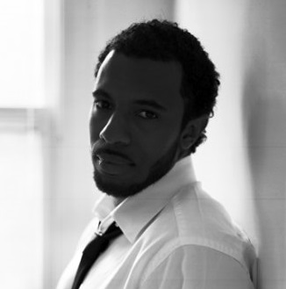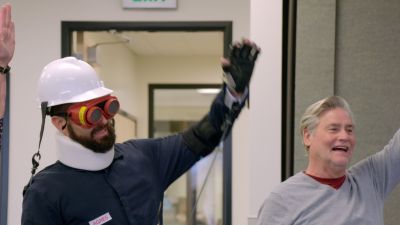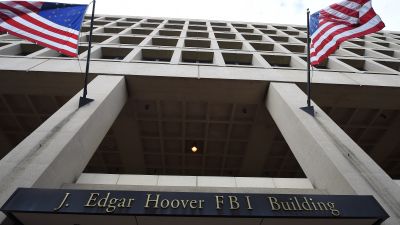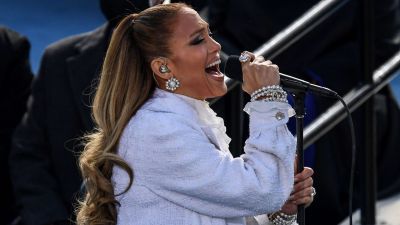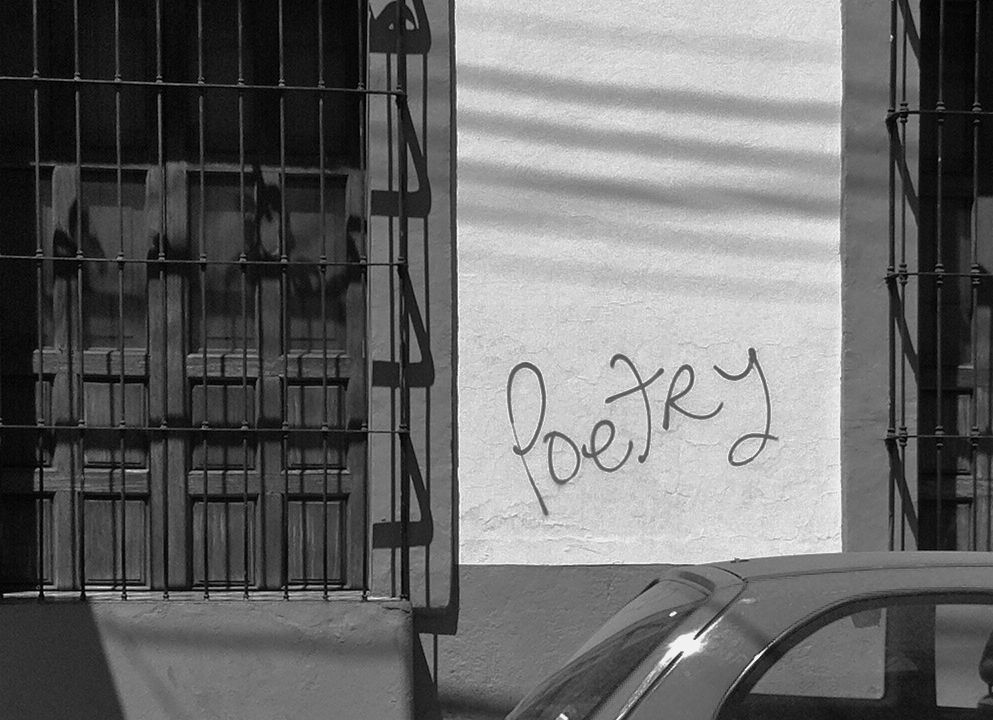
Poetry. (Photo by Felix E. Guerrero/ flickr CC 2.0)
April is National Poetry Month, and we’re celebrating by featuring examples of “civic” poetry from new and familiar voices. Throughout the month we’ll be discussing what it means to be civic through the art of words. Join us on Twitter at #civicpoetry.
In Adrienne Rich’s 2003 essay “Jacob and the Angel” — in which Rich uses that biblical image/story to think through the “long, erotic, unended wrestling of poetry and politics” — she offers the following statement:
The process of social transformation does not fold up into the package of a discrete event. Participation in a demonstration or a picket line can be a form of education. People experience in their own minds and bodies the forms of power, both grass roots and official. They find and confirm each other out there.
Following the election of Donald Trump — when I found myself mired in the emotional labor of comforting students, colleagues and friends who’d either been victims of intimidation or violence during and in the immediate aftermath of the election or believed that political violence would soon target them — the only advice I felt comfortable providing was “find your people.” And as Rich suggests, at times the value of civic activity may merely be finding (more of) one’s people — confirming, affirming and sustaining one another.
Though it may not be thought of as such lately, reading is very much an act of civic engagement — an indispensable one, as is listening. Finding one’s people can also mean finding one’s writers, and poets in particular as poetry devoid of humanity — its peopleness — is the nutritional equivalent of the “empty calorie;” a bit of metabolic kindling, but not much more.
The five poets I have selected for this feature, five of a number I could have selected, are poets whose work — what they do on and off the page — seeks to draw us from out of ourselves and affirm the individuals we are as whole and worthy. And I would note that this work — the work of holding up a mirror to what is popularly ugly or unpopularly beautiful — is not lauded in a poetry world still dominated by and struggling with its own genteel, “white” American, liberal sensibilities. Which is also to say that these poets are not engaged in this psychic and poetic “dirty work” as a path to fame.
Is “the system” broken? Of course it is, because we are broken. Every exploitative, regressive or rights-stripping policy is buoyed by millions of fearful, hurt, dejected and indifferent individuals who may not (most likely do not) even see themselves as such. And thinking again about poetry as a site of civic engagement, there may be nothing more important right now than the sincere act of seeing and questioning who we are. Poetry can be most effective at assisting with such a task.
As I said to Bill Moyers in our conversation, I do not believe poetry works at the level of political infrastructure. As of yet, legislation and foreign policy do not grow out of poems. I’ve no problem with the late Mario Cuomo’s suggestion that one campaigns in poetry and governs in prose. (The fact that prose can be quite lyrical aside, God may be the only being who can govern effectively in poetry.) Poetry operates on that level of basic human engagement and inspiration — the minds and bodies of the demos. As much as we may feel, want to believe even, that all that oils the gears of modern democracy is money, it is the word’s force upon the gears of our being that ultimately alters the our governing machines. I invite you all to open yourselves to the torque of these poets.
- Poet Fatimah Asghar and the poem “If They Should Come for Us”
- Poet Christopher Soto and the poem “[Somewhere in Los Angeles] This Poem Is Needed”
- Poet Ailish Hopper and the poem “Did It Ever Occur to You That Maybe You’re Falling in Love”
- Poet Amanda Johnston and the poem “When My Daughter Wasn’t Assaulted”
- Poet Reginald Dwayne Betts and the poem “Triptych”

